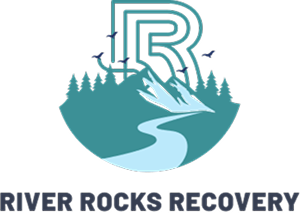Music therapy, a specialized form of therapy that uses music to address emotional, cognitive, and behavioral challenges, has emerged as a powerful tool in mental health and addiction treatment. In recent years, its effectiveness in promoting healing, resilience, and recovery has gained recognition among healthcare professionals and individuals seeking alternative therapeutic approaches.
What is Music Therapy?
Music therapy involves the use of music interventions by trained and certified therapists to achieve therapeutic goals. It is based on the belief that music has unique properties that can evoke emotions, stimulate memories, and facilitate communication. Unlike traditional talk therapy, music therapy engages clients in active participation, allowing them to express themselves and explore their emotions through music.
How Does Music Therapy Work?
Music therapy works by harnessing the transformative power of music to address a wide range of emotional, cognitive, and behavioral challenges. Through various musical activities such as listening, improvisation, songwriting, and lyric analysis, clients are encouraged to explore and process their thoughts and feelings in a safe and supportive environment.
What Mental Health Conditions Can Music Therapy Address?
Music therapy can be beneficial for individuals struggling with various mental health conditions, including depression, anxiety, PTSD, bipolar disorder, schizophrenia, and substance use disorders. It offers a nonverbal and creative outlet for expression, allowing clients to process emotions, manage stress, and improve coping skills.
The Role of Music Therapy in Addiction Treatment
In addiction treatment, music therapy complements traditional therapies by providing a holistic approach to recovery. It helps individuals express and explore emotions related to addiction, develop healthy coping mechanisms, and enhance self-awareness and self-esteem. By incorporating music into treatment plans, addiction treatment centers can create a supportive and engaging environment for healing and growth.
What Happens in a Music Therapy Session?
During a music outpatient addiction therapy session, clients may engage in various activities tailored to their specific needs and goals. These activities may include listening to music, playing instruments, singing, improvising, or composing music. The therapist guides the process, facilitating exploration, reflection, and insight through the music-making experience.
Benefits of Music Therapy in Mental Health
Research has shown that music therapy can have a positive impact on mental health and well-being. It has been found to reduce symptoms of depression and anxiety, enhance mood, improve social functioning, and promote relaxation. Music therapy can also alleviate stress and pain in individuals with chronic pain conditions.
Incorporating Music Therapy into Treatment Plans
Music therapy can be integrated into comprehensive treatment plans at addiction treatment centers, hospitals, clinics, and community organizations. By working with certified music therapists, individuals can access the therapeutic benefits of music as part of their recovery journey.
How to Find a Qualified Music Therapist?
When seeking music therapy services, it’s essential to work with a qualified and credentialed music therapist. The American Music Therapy Association (AMTA) and the Certification Board for Music Therapists (CBMT) provide directories of licensed music therapists and information on accredited music therapy programs.
Music therapy offers a unique and powerful avenue for healing and self-discovery in mental health therapy and addiction treatment. By harnessing the therapeutic potential of music, individuals can explore their emotions, express themselves, and cultivate inner resilience on their journey toward recovery. Whether used as a standalone intervention or as part of a comprehensive treatment approach, music therapy has the capacity to inspire hope, promote healing, and transform lives.
Exploring Music Therapy Options at River Rocks Recovery
At River Rocks Recovery, we recognize the profound impact of music therapy on mental health and addiction recovery. As part of our holistic approach to treatment, we offer a range of expressive therapies, including music therapy, to support clients in their journey toward healing and growth. To learn more about our music therapy program and other treatment options, please contact us today.
By incorporating music therapy into mental health and addiction treatment, individuals can access a unique and effective form of therapy that promotes healing, self-expression, and personal growth.
FAQ on Music Therapy
Q: Is music therapy suitable for everyone?
A: Music therapy can benefit individuals of all ages and backgrounds, regardless of musical experience or ability. It is particularly effective for individuals who may have difficulty expressing themselves verbally or who are seeking alternative forms of therapy.
Q: How does music therapy complement other mental health treatments?
A: Music therapy can enhance the effectiveness of other therapeutic modalities such as cognitive-behavioral therapy (CBT), dialectical behavior therapy (DBT), and mindfulness-based interventions. It offers a unique avenue for emotional expression, communication, and healing, which can complement traditional talk therapy approaches.
Q: Can music therapy be used as a standalone treatment?
A: While music therapy can be effective as a standalone treatment for some individuals, it is often used in conjunction with other therapies as part of a comprehensive treatment plan. It can enhance the overall therapeutic experience and provide additional support for individuals in recovery.
Q: How can I access music therapy services?
A: Music therapy services are available through certified music therapists at addiction treatment centers, hospitals, clinics, and community organizations. You can find qualified music therapists through directories provided by professional organizations such as the American Music Therapy Association (AMTA) and the Certification Board for Music Therapists (CBMT).























